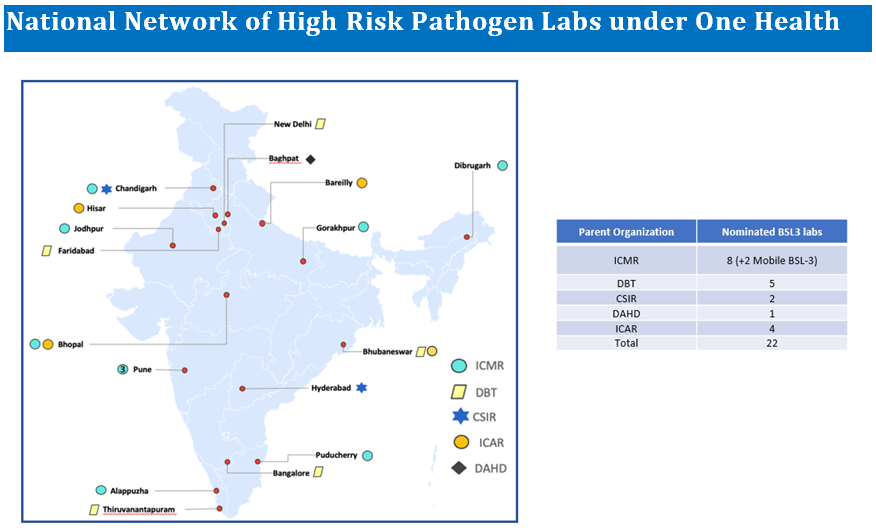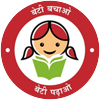
One Health is an integrating idea that brings different sectors together to solve the health, productivity, and conservation challenges and has major implications for India. India with its diverse wildlife, one of the largest livestock populations and high density of human population, and diversity of flora, creates opportunities for harmonious coexistence or conflicts such as heightened risks for inter-compartmental spread of diseases. The COVID-19 pandemic, recent outbreak of Lumpy Skin Disease in cattle, and the constant threat of Avian Influenza show that it is not just about addressing diseases from human health point of view (zoonosis) but there is also a need to address the livestock, wildlife and environmental aspects, including plants. This also opens opportunity for leveraging the complementarities and strengths that is inherent in each sector and devises integrated, robust and agile response systems. The complexity and interconnectedness of the challenges threatening humans, animals, and environment including plants, where they coexist, therefore requires a holistic and integrated ‘One Health’ based approach to achieve the goal of ‘Health and Wellness for All’.
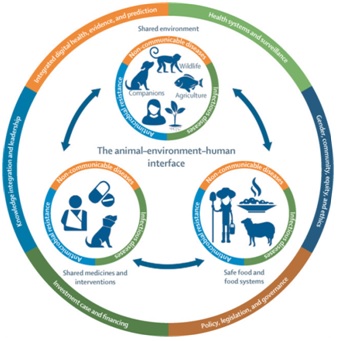 | 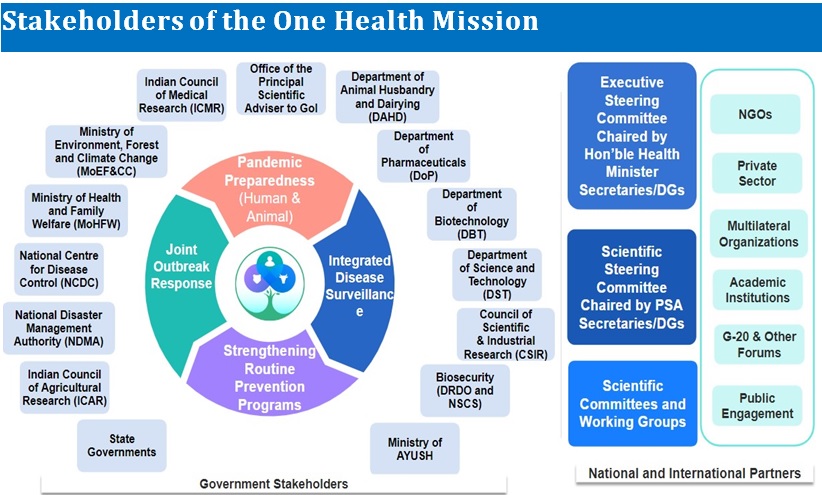 |
‘To build an integrated disease control and pandemic preparedness system in India by bringing human, animal and environmental sectors together for better health outcomes, improved productivity and conservation of biodiversity.’
The key goals of the One Health Mission will be towards enabling and achieving the stated vision, making the mission responsive to the needs of the human-animal-environment interface, establishing a broad based inclusive collaboration for achieving the nation’s health goals, and reducing the existing disease burden. To achieve these goals, the One Health Mission also aspires to implement the following strategies, which are ongoing and will be strengthened under the mission along with several other new activities:
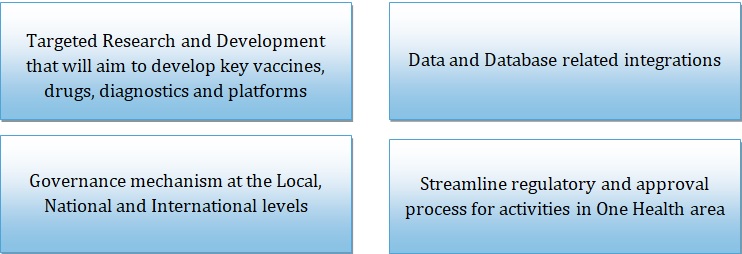
- Capacity building, collaboration, communication and storage of potential high- risk pathogens
- Creation of a national network of existing and upcoming high-risk pathogens laboratories (BSL-3/4) labs across departments and keeping them functional through continuous R&D and use during outbreak response
- Developing and assessing the feasibility of various AI tools, NGS, diagnostic algorithms for detection/discovery of emerging novel pathogens in humans, animals and environment and establish metagenomic pipelines for novel pathogen discovery.
- Develop protocols, tools and framework for integrated disease surveillance at the animal-human-environment interface for emerging diseases.
- Plug and play vaccine platforms, diagnostics, capacity for development of high quality therapeutic monoclonal.
- Develop analytic capability to derive better insights from the data and information of human, livestock and wildlife sectors
The Indian Council of Medical Research is in the process of establishing “Infectious Disease Research and Diagnostic Laboratories (IRDLs)” in State/Central Govt run institutes and medical colleges with functioning Virus Research and Diagnostic Laboratories (VRDLs), with the view of strengthening the verticals of diagnostic Bacteriology, Mycology and Parasitology. These institutes shall serve as Regional Referral level labs for diagnosis and research on infectious diseases, and shall be supported by ICMR with funding for equipment, infrastructure, manpower and consumables. These institutes shall have the following mandate:
- Quality assured advanced diagnostic testing of infectious diseases, including outbreak investigations
- Syndromic surveillance of infectious diseases
- Role as biorepositories/biobanks with well characterized relevant microbe strains and clinical samples
- Role as certified PT panel providers for infectious disease testing
- Role as accredited in-vitro diagnostics evaluation centers
ICMR has shortlisted ten (10) VRDLs for the establishment of IRDLs in the pilot phase through rigorous internal and external review, including on-site assessment. These sites (enlisted in Table 1) are in various stages of IRDL establishment.
Region IRDL Site Funding status North India King George’s Medical University, Lucknow, Uttar Pradesh Funded in August 2024 North India All India Institute of Medical Sciences, Delhi Funded in December 2024 North India Post Graduate Institute of Medical Education and Research, Chandigarh Funded in August 2025 Central India All India Institute of Medical Sciences, Raipur, Chhattisgarh Funded in August 2024 Central India All India Institute of Medical Sciences, Bhopal, Madhya Pradesh Funded in December 2024 South India Bangalore Medical College and Research Institute, Bengaluru, Karnataka Funded in August 2024 Eastern India All India Institute of Medical Sciences, Bhubaneswar, Odisha Funded in December 2024 Western India All India Institute of Medical Sciences,Jodhpur, Rajasthan Funded in April 2025 Western India Seth GS Medical College and King Edward Memorial Hospital, Mumbai, Maharashtra Funded in August 2025 North-East India Gauhati Medical College, Guwahati, Assam Funded in April 2025 IRDLs are expected to significantly strengthen the diagnostic and research capacity of the country.
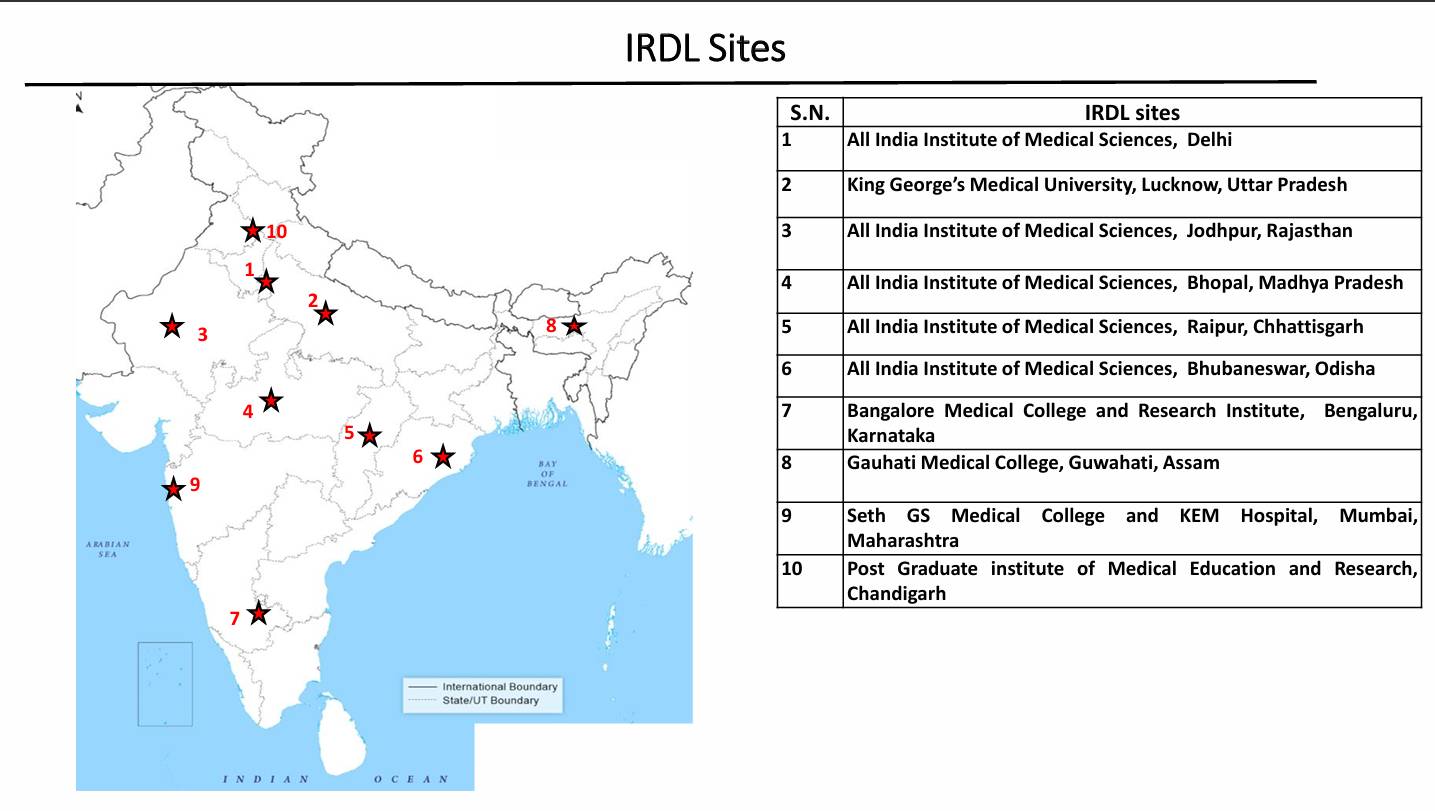
Activities implemented under the One Health Mission
Scientific studies, programs or action-plan aiming to initiate important scientific and technical work or to facilitate the on-going research efforts of interest and are identified as priority are currently supported under the mission. To ensure continuous strengthening of the existing work/strategies and systems, the following activities are being initiated:
 | ||
 |  Human | Animal |  Human | Animal | Environment |
 |  | |
 | ||
 | ||
